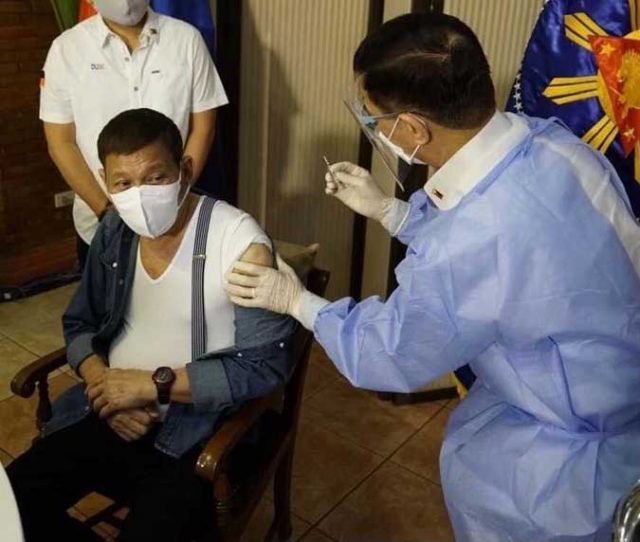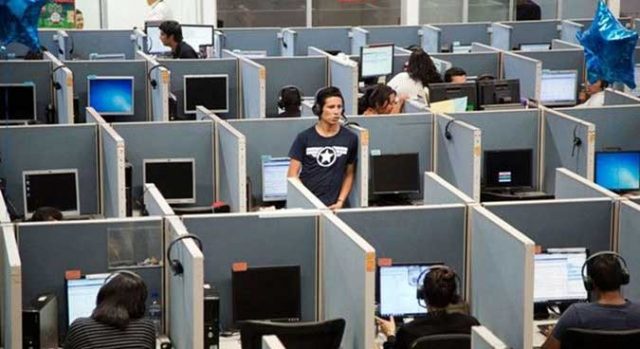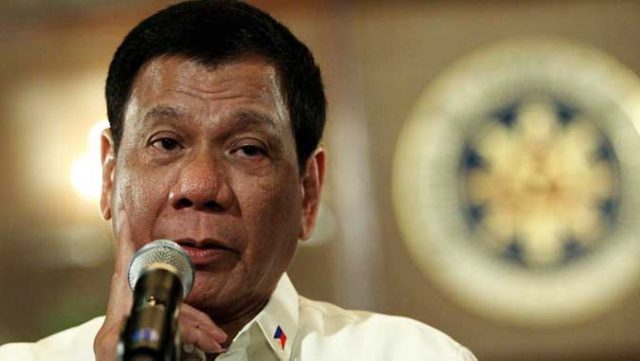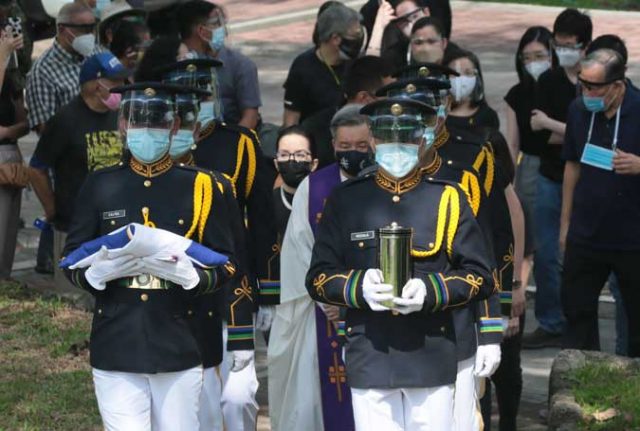US President Joseph R. Biden, Jr. has extended his sympathy over the passing of former Philippine President Benigno S. C. Aquino III, recognizing his efforts in promoting a “rules-based international order.”
Mr. Aquino, the country’s 15th President from 2010 to 2016, was a “valued friend and partner to the United States,” said Mr. Biden, who also served as US vice-president from 2009 to 2017 under the administration of former US President Barack H. Obama II.
“President Aquino’s steadfast commitment to advancing peace, upholding the rule of law, and driving economic growth for all Filipinos, while taking bold steps to promote the rules-based international order, leaves a remarkable legacy at home and abroad that will endure for years to come,” he said in a statement.
The Philippines under Mr. Aquino sued China before an international tribunal for claims over most of the South China Sea. In 2016, the tribunal rejected China’s claim to more than 80% of the disputed waterway based on a 1940s “nine-dash” map.
Amid China’s heighted presence in the South China Sea in 2012, Washington brokered a deal for Manila and Beijing to pull their troops out of the disputed waterway. China abandoned the deal after the Philippines pulled out.
Philippine legislators have been urging the country’s sitting president, Rodrigo R. Duterte, to address the South China Sea dispute by boosting its alliance with the US.
Under Mr. Aquino’s watch, Manila signed an enhanced defense cooperation deal with Washington, the country’s key Western ally. It is one of the key defense deals between the two countries, whose bilateral relations have been unstable under the presidency of Mr. Duterte.
The deal, which allows American troops to stay temporarily in the country, was signed by Mr. Aquino hours before his counterpart, Mr. Obama, arrived in the Philippines for a two-day state visit.
Mr. Aquino, who visited the US multiple times during his presidency, “will long be remembered for serving his country with integrity and selfless dedication,” Mr. Biden said.
Meanwhile, on Thursday night, President Duterte signed a proclamation declaring June 24 to July 3 as a “Period of National Mourning” over the death of his predecessor.
Under the proclamation, the national flag will be flown at half-mast from sunrise to sunset on all government buildings and installations throughout the Philippines and abroad for a period of 10 days.
The urn containing Mr. Aquino’s ashes was brought to the Ateneo de Manila University’s Loyola Heights campus in Quezon City on Friday morning for public viewing from 10 a.m. to 10 p.m.
Mr. Aquino, who died in his sleep Thursday morning, attended the Ateneo from grade school through college. He graduated in 1981 with a Bachelor’s degree in Economics.
Photos of yellow and black ribbons tied on the fence surrounding the Ateneo were posted on the university’s Facebook page. The Philippine flags in Ateneo campuses inside the capital region have been lowered to half-staff.
Media reports showed that Mr. Duterte and other government officials sent flower arrangements to the wake.
In a statement on Thursday night, Mr. Duterte said Mr. Aquino “has given his best to serve the Filipino people.” He asked Filipinos to set aside their differences as the country mourns the passing of his predecessor.
The funeral Mass for the former President will be held at the Church of the Gesù, at the Ateneo’s Loyola Heights campus, at 10 a.m., on Saturday, June 26. The university announced that there would be no public viewing at the church on Saturday. Instead, the mass will be streamed live on the Ateneo de Manila University Facebook (fb.com/ateneodemanila<http://fb.com/ateneodemanila>) and YouTube (youtube.com/AteneodeManilaUniversity<http://youtube.com/AteneodeManilaUniversity>) pages, as well as on Radyo Katipunan 87.9 FM (fb.com/radyokatipunan<http://fb.com/radyokatipunan>).
After the funeral mass, the urn bearing his cremated remains will be brought to the Manila Memorial Park in Parañaque City for inurnment next to the graves of his parents, the martyred Senator Benigno S. Aquino, Jr. and former President Corazon C. Aquino.
The public will be allowed to pay their respects at the Manila Memorial Park, starting at around 3 p.m., the university said. — Kyle Aristophere Atienza











